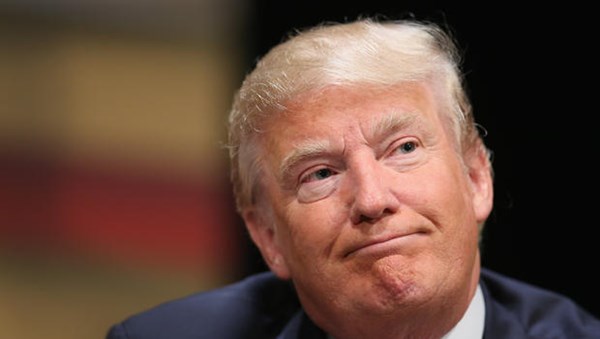Trump's strategy shift: Kellogg's delayed visit signals reevaluation of U.S. approach to Ukraine conflict
In a shifting geopolitical landscape, experts are suggesting that President-elect Donald Trump may be pulling back on his earlier urgency to resolve the war in Ukraine quickly. This sentiment is reflected in the postponement of Special Representative Keith Kellogg's visit.
Keith Kellogg, nominated by Trump to settle the ongoing Russian-Ukrainian war, was initially set to travel to Kyiv in January, before Trump's inauguration [source]. Insiders reported that Kellogg intended to meet with Ukrainian leadership and arrange high-stakes meetings in Paris and Rome. Whereas many expected a dive into intensive negotiations to end the war, sources at Reuters suggest the mission was more about gathering intel for the incoming administration.
Nonetheless, Kellogg, a retired 80-year-old general and co-author of Trump’s rapid resolution plan for the Russian-Ukrainian war, remains vital to India. His strategy suggests Washington would threaten to pull military aid from Kyiv should they avoid peace talks with Moscow. On the flip side, reportedly coaxing Russian President Vladimir Putin towards peace would involve U.S. threats to bolster Ukrainian support.
Unexpectedly, Kellogg has rescheduled his trip to Ukraine for undisclosed reasons. Ukraine's Foreign Minister Andriy Sybiha has stated both parties are currently working to establish a date and maximize productive engagements during the visit.
Kellogg addressed the delay himself on Fox News, criticizing President Joe Biden's strategy, particularly his failure to engage in dialogue with Putin post-invasion.
According to Kellogg, Trump's team intends to lay the groundwork for talks with both the Russian and Ukrainian Presidents. With optimism, he asserts that both sides could soon reach a mutually acceptable resolution.
Observers are contemplating the real reasons behind Kellogg's decision to delay.
Political analyst Volodymyr Vоlya suggests three potential explanations. First, Kellogg's plans included more than Ukraine—visits to several European capitals for discussions on the Russian-Ukrainian war. However, Trump is still assembling his administration, and Kellogg's position is unofficial.
Second, Trump lacks an established foreign policy doctrine.
With just two weeks until inauguration, crafting this doctrine is crucial for Trump’s team. Kellogg is also busy shaping Trump’s inaugural address and finalizing policy alignments.
Thirdly, the analyst points out that Kellogg may not gain fresh or valuable insights during his European and Kyiv tours to formulate a foreign policy doctrine. Notably, Trump has been in direct contact with Kyiv, though the Kremlin’s views on U.S. peace efforts remain clear.
Moreover, Kellogg might have postponed his visit as Trump gains a profound understanding of the Russo-Ukrainian war's complexities.
Prior to inauguration, Trump might have sought a preliminary peace or ceasefire draft to bolster his policy achievements in his inaugural day speech.
Yet, the dilemma remains on coaxing Russia to the negotiation table since Putin’s statements have demanded Ukraine’s capitulation. Given these conditions, forming a consequent strategy seems challenging.
As earlier stated, Kellogg plans to rectify the front lines within an ambitious 100 days. During a recent press conference, Trump bypassed mention of previously claimed 24-hour conflict resolution—now extending to at least six months [Radio NV].
Political analyst Ihor Reiterovych notes Trump's evolving understanding of the Russian-Ukrainian war. Initially, Trump's electoral campaign approached the conflict idealistically, however, he has since gained more comprehensive insights into its nature.
Volodymyr Dubovyk from the Center for International Studies on Radio NV dubbed Kellogg's visit a "probation."
Uncertainty remains around whether an American peace plan could be prepared by then or Kellogg's primary approach would be consultation and then initiating a scheme post-visit. Alternatively, Kellogg might debut an inaugural draft or establish pivotal stances. Feedback from stakeholders, notably in Moscow, Kyiv, and other European capitals, will be crucial to these positions.
In anticipation, Oleksandr Leonov urges Kyiv to thoroughly prepare for the American envoy's upcoming visit.
